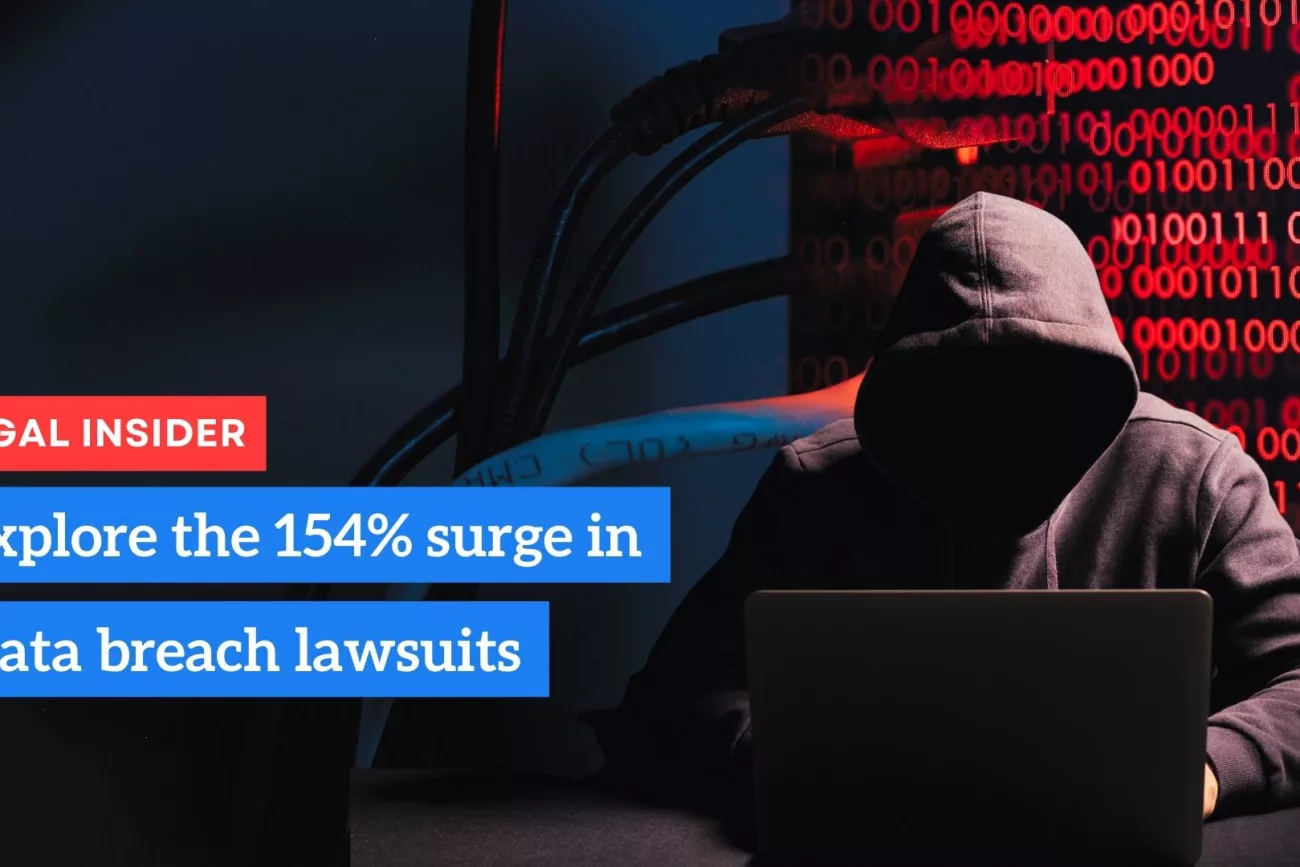
Key Points:
- Fixed costs reforms could dramatically alter the compensation landscape for many solicitors in the UK.
- These changes could incentivise solicitors to be more efficient, as legal costs would no longer be tied to time and effort spent on a case.
- AI and legal tech could play a pivotal role in helping solicitors adapt to these changes and become more efficient.
- The legal sector could see an increase in the use of legal tech and AI tools, driven by the need for efficiency and the potential business benefits of these technologies.
🚀 The Great Legal Revolution: How Fixed Costs Reforms are Set to Ignite an AI Tsunami in the Legal Sector 🚀
Brace yourselves, legal eagles! A seismic shift is about to rock the UK legal sector this autumn, as a new fixed costs regime takes flight, dramatically altering the compensation landscape for many lawyers. But what does this mean for our noble profession, and how will it trigger a technological tidal wave in the legal realm?
Incentives, as we know, are the lifeblood of any profession. To Economist Steven Levitt, incentives were akin to bullets or keys; seemingly insignificant objects, yet possessing the extraordinary power to transform a situation.
From the 1st of October 2023, a new fixed costs regime will be unleashed, turning the incentives for many lawyers on their head. These changes, while technical, represent the most significant transformation to civil justice in over a decade. They also provide a riveting case study into how incentives shape the way lawyers operate.
🔍 Decoding the Fixed Costs Reforms 🔍
In a nutshell, these reforms will apply to the lion’s share of disputes worth up to £100,000 ($130,000 USD) in England and Wales. This includes personal injury, debt collection, and any monetary disputes, whether between businesses or individuals.
Traditionally, the loser foots the bill for the winner’s costs in litigation. Outside of personal injury (where legal costs have been fixed for claims under £25,000 ($32,500 USD) for a decade), the winning side’s legal costs are usually calculated based on time spent multiplied by an hourly rate.
From October 1st, these legal costs will be fixed, based on a sliding scale relating to the complexity of the case and the stage of settlement. The more complex the claim and the later it settles, the higher the fixed costs. For non-personal injury claims, the changes have retrospective effect and will apply to most money claims where proceedings are not issued before 1 October.
This means that legal costs paid to the winning party will no longer be tied to time and effort spent on the case, and in many cases, the fixed costs will be significantly lower than the costs incurred ‘on the clock’.
The million-dollar question is: who will foot the shortfall? Will the winning litigant be asked by their lawyers to make up the shortfall from their damages or will the lawyers bite the bullet?
It seems plausible to assume that clients will increasingly expect their lawyers to confine their costs to the recoverable fixed costs and then ‘cut their cloth’ accordingly. This means lawyers, who currently have an incentive to spend as much time on a case as possible to maximise their revenue, will now have the opposite incentive: to be as efficient as possible.
In a recent article, Master of the Rolls Sir Geoffrey Vos extolled the virtues of AI in smoothing the pathways for online users and, when used alongside traditional early legal advice, in preventing vulnerable users from falling through the cracks in an increasingly complex system. Clearly, he states, AI will not replace lawyers anytime soon, not least due to the need for individuals to receive human advice and explanations, but nonetheless, it will be instrumental in saving lawyers’ time and clients’ money.
With these new incentives, it seems inevitable that firms will have no choice but to harness the efficiency that many of these new technologies can provide.
🔄 How Have Personal Injury Lawyers Been Adapting to Fixed Costs Regimes? 🔄
Personal Injury lawyers who have been operating in claims worth under £25,000 ($32,500 USD) are no strangers to this and have been tweaking their processes for over a decade to operate in fixed costs regimes.
Technology has already played a pivotal role in helping the PI sector adapt to these changes and become more efficient in meeting its clients’ needs. Law firms use technology to triage claims for liability and value and have begun to provide a digital route for clients to commence claims. Significant improvements to case management technology have been introduced, which in every instance are being used to expedite the process and to enable lawyers to become more efficient.
🔮 What Changes Can We Expect? 🔮
The personal injury market has had a decade to adapt to these changes, and to a degree, it has done so using technology. Yet it cannot be denied that in the last year alone, the pace in advancement of technology has sparked much more enthusiasm and excitement within law about what might be possible. For example, consider Sir Geoffrey Vos’s recent comments about judges being replaced by robots.
Yet there is something that cannot also be denied – the legal sector is adapting technology at a snail’s pace, or more slowly than others.
A study published this week by the University of Manchester found that legal professionals are still ‘sitting on the fence’ when it comes to embracing new technologies. The report suggests that a lack of understanding and encouragement from management is proving to be a barrier to the uptake of technologies, ranging from ones with the potential to improve the efficiency of service delivery, such as the use of legal databases, automation of document assembly, online portals, virtual assistants and contract review software, to advanced chatbots and the latest advances in artificial intelligence.
The survey found less than a third of solicitors use legal tech daily, which includes any technology that aims to support supplement or replace traditional methods for legal services, while more than a third said they do not use legal tech at all or do so highly infrequently. These reports demonstrate the transformation many speak of has not been as rapid as many might think.
The fixed costs reforms provide a clear business case for adopting more legal technology and embracing the new wave of artificial intelligence tools. They finally provide a clear connection between the benefits to the organisation as a whole, and the benefits to the individual.
Whereas before, senior management will not have seen investing in technology or using artificial intelligence as a strategic priority, now it is fundamental to the bottom line. In many cases, there may have been a lack of confidence in doing so. Nearly a quarter of respondents to the Manchester University study disagreed with the suggestion that learning to use legal technology would be easy. These issues will now need to be overcome, or firms could be asked to swallow the difference.
What is clear is as AI becomes more prevalent, the focus will surely turn to how humans interact with it.
🤖 Why Future Legal Minds Must Consider AI 🤖
As AI has dominated the headlines recently, we are asking students to look past the headlines and consider those benefits, with the best answers displaying a real understanding of the issues facing the legal sector currently and how we might realistically solve them.
So, young lawyers, are you ready to ride this wave of change? 🌊 Sign up for our newsletter to stay updated on the latest trends and developments in the legal sector. Let’s embrace the future together! 🚀
Share this post
Frequently Asked Questions (FAQs)
Q: What are the fixed costs reforms?
A: The fixed costs reforms could apply to most disputes worth up to £100,000 in the UK, changing how legal costs are calculated and paid.
Q: How might these reforms impact solicitors?
A: These reforms could incentivise solicitors to be more efficient, as legal costs would no longer be tied to time and effort spent on a case.
Q: What role could AI play in this shift?
A: AI could help solicitors become more efficient, saving time and money. It could also change how legal services are delivered.
Q: How have Personal Injury solicitors adapted to similar changes?
A: Personal Injury solicitors have used technology to become more efficient, triaging claims for liability and value, and providing a digital route for clients to commence claims.
Q: What changes can we expect in the legal sector?
A: The legal sector could see an increase in the use of legal tech and AI tools, driven by the need for efficiency and the potential business benefits of these technologies.














